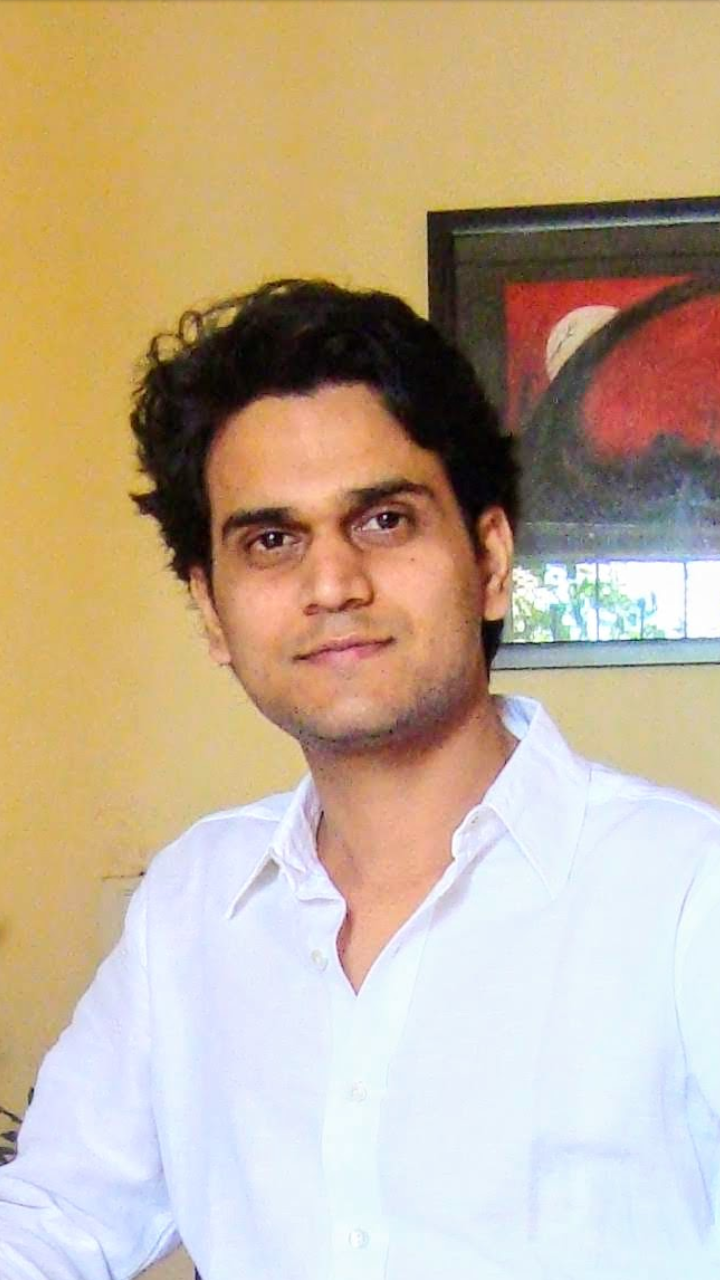We are regularly bombarded today with news, information and tips for improving our mental and physical well-being. But how much of it actually registers in our minds? Our wellness quotient is really determined by the quality of our thoughts. The best of health advice will not benefit us if the mind is filled with a stream of negative thoughts.
Pessimistic thoughts disturb the natural peace within us. This in turn, leads to a cycle of bad choices. Not controlling these thoughts—or worse, being unaware of their very existence—can make it a struggle to attain a healthy lifestyle. You may find yourself being unconsciously drawn towards alcohol, cigarettes, irregular sleep patterns, and so on, and lose the ability to examine these actions as they gradually turn into habits.
Hence, mindfulness and responsible awareness is the first step towards self-care and its practice should be cultivated by realising its utmost importance. Very often, the things that cause us pain and suffering remain hidden from our conscious awareness. This keeps the focus away from the positive side of life. On closer observation, we find that these unexamined issues in our subconscious can make us worry about matters that hardly exist in the real world. Here are some of these common ‘ghost issues’, along with tips on how to deal with them.
- Unhealthy relationships: We are sometimes consumed by the self-created delusion of an ‘unhealthy relationship’ with a family member or a friend, which might actually be completely fictitious. Every person is going through a tough battle in life and may react in certain ways that hurt us. Or we may assume ourselves responsible for their words or actions. The biggest mistake we make is that instead of tackling and clarifying the issue, we create a whole new delusion around it and make it worse, which in turn keeps feeding negative energy into the mind. Addressing any such issue then and there can help the mind remain light and carefree.
- Procrastination: Long-pending tasks often accrue in the mind and surface from time to time, obstructing the positive flow of thoughts in our consciousness. The longer we procrastinate doing something, the greater our aversion to it and the more difficult it becomes. It is always wise to not let such things occupy the mind space. Get them done as soon as possible so that you are freed from continuously worrying about them.
- Over-thinking, over-analysing: Sometimes we over-analyse health issues to the point of depression and anxiety, rushing to a doctor or a therapist instead of patiently letting the illness heal on its own. While regular check-ups are always wise, obsessing over small things can cause you to lose your calm and patience and drive you frantically towards finding a cure. For example, a small mouth ulcer might become a sign of oral cancer (to the frenzied mind), or a common cough may seem some form of lung disease. Though these small health hiccups often heal by themselves within days, over-thinking about them causes unnecessary stress and downtime that could have been easily avoided, had we been more aware of these thought patterns.
While it is always best to cultivate healthy self-care habits, it is equally important to be aware of the negative thought patterns that develop unconsciously and harm our health. It has also been proven scientifically that our thoughts are directly related to our health. It has also been noted in some cases that diseases have been cured merely by maintaining an intensely positive mindset. Hence, think wisely and stay in control of your thoughts for your overall well-being.


